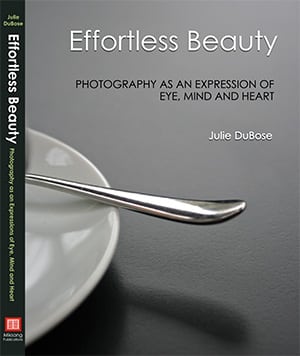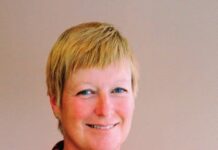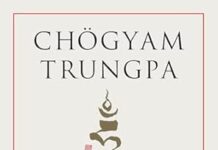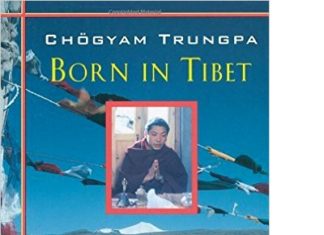Preparing to write this review, I sit down, then pause, put aside my pen, and gaze out the window, taking in the soft moist greens and tawny golds of the summer meadow. This moment of stepping back and looking freshly at my world is a direct result of having read this book! Effortless Beauty is all about pausing, seeing in a fresh way, and appreciating the world anew. It offers the practice of Contemplative Photography as a creative and dharmic path. The benefits of reading this book—taking it in slowly—will penetrate and open your life.
 Julie DuBose is a longtime practitioner of this path. Having trained with Michael Wood, she founded the Miksang Institute for Contemplative Photography in Boulder and teaches workshops widely. She has now given us a book that is a strong addition to the writings on Dharma Art.
Julie DuBose is a longtime practitioner of this path. Having trained with Michael Wood, she founded the Miksang Institute for Contemplative Photography in Boulder and teaches workshops widely. She has now given us a book that is a strong addition to the writings on Dharma Art.
This is a beautifully designed book with an elegant rhythm moving between text and image that allows the reader to take in the words and then experience their meaning through the photographs. The typography is simple and open, the images exquisitely clear and surprising. I loved the close ups of clothing and hands (so intimate), the soft drape of a shower curtain resting on the bathtub edge, a stacking of forks in a drawer (so ordinary so close). I felt nourished and settled down looking through the pages. As I read more closely, absorbing the images that followed each chapter, the deeper teachings began to emerge.
DuBose has a natural writing voice, personal and fresh. For her the taking of photographs is about being open to what she encounters, not expecting anything beforehand. It is a magical process because what happens comes out of nowhere. (I loved that.) Taking a photograph becomes the practice of being present to our life through cultivating a mind of simplicity.
She describes going out with her camera with the attitude of “I have all the time I need.” There is no grasping, nothing to capture, no “hungry hunter looking for a trophy.” Instead she holds out “an antenna of stillness”, pausing, tuning in, becoming part of the fabric of the moment. This openness also includes vast uncertainty. There is no measuring of position, no getting of bearings. The artist must be willing to be “lost with no hope of being found.” This is an uncomfortable place. It is also where the world opens. DuBose shows us again and again the awake and simple beauty available when we approach the world without an agenda. Letting go is ground. Being open is path. Receiving is fruition.
As an artist who works in other mediums I found her description of the creative process to be deeply familiar and restorative. For a photographer this book offers a unique voice and fresh eye. It also speaks beautifully to anyone as a treatise on how to live!
Towards the end she speaks about the editing process. Since a number of the images had unusual cropping I was intrigued by how this further viewing was held with a contemplative outlook. The writing here reminded me of the experience of touching up a calligraphy stroke. If it is done with the same fresh direct mind it extends and supports the aliveness of the mark. If it becomes an act of “improving” you’ve lost the spark, the freshness is gone. (With photography it’s time to hit the delete button.) DuBose holds beautifully to the true line here, what she calls the three confidences: clarity, genuineness and decisiveness. If these are present in the editing “our images will be full expressions of our original perception.”
Effortless Beauty is a quietly deep offering to the world, an elegant guide for seeing the ordinary beauty all around us. It is through this seeing that we awaken.
















